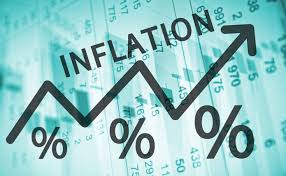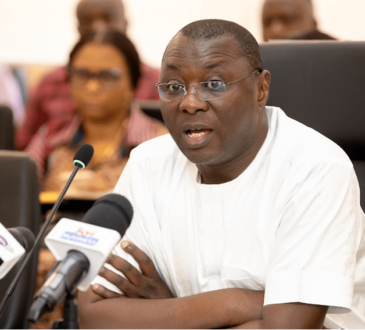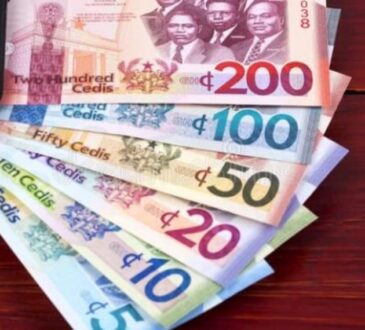
Professional services firm, Deloitte, has reiterated that the persistent rise in inflation in Ghana and Nigeria will hinder economic growth.
This is because businesses are experiencing increased costs, whilst consumers are cutting back on spending.
Therefore, it believes monetary policy is expected to continue in Nigeria. At the same time, the Bank of Ghana is likely to maintain the status quo with a possible rate hike if inflation continues to rise.
Rising food prices pushed Ghana’s inflation higher to 23.8% in December 2024, the 4th consecutive increase.
Nigeria’s headline inflation also surged to 34.80% on festive-related spending.
In its inflation update, Deloitte West Africa said “The underlying inflation pressures, driven by food price volatility, exchange rate fluctuations and global commodity prices, are expected to persist in 2025”.
Meanwhile, the Economist Intelligent Unit is forecasting an average inflation rate of 27.7% and 15.5% for Nigeria and Ghana respectively in 2025.
It said inflationary pressures are expected to ease from the more elevated levels recorded in 2023 for all but a small handful of African countries—including Seychelles and Sudan.
“Inflationary pressures are expected to ease from the more elevated levels recorded in 2023 for all but a small handful of African countries—namely Angola, Seychelles, Sudan and Tanzania, where country-specific factors will push up consumer price inflation”.







